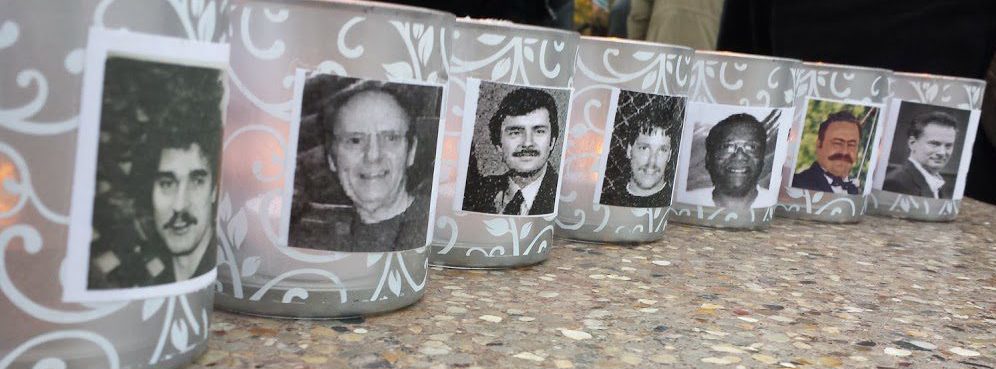We all want to believe that our country has the best judicial system in the world. It gives us a sense of security…a sense that the system is infallible. However, having a best system and an accurate system are two different things. My friend, retired crime scene expert, Johnny Johnson, and I believed in the system for the most part until we became involved in the Monfils case. We found that things weren’t so cut and dried. Aspects like unlawful deals, career snitches as witnesses, fear and intimidation tactics during interrogations, lies by the police to suspects, deceit, and dangerous communications between the police force and DA’s offices have caused a tipping of the scales and an atmosphere of inequality for those most vulnerable in our society.
What I say here is not new nor does it include everyone in the legal arena. For instance, Johnny, having a career in law enforcement could have chosen to deny the obvious in this case. Instead, he courageously acknowledged its degradation and embraced the idea of becoming part of the solution. The Minneapolis law firm we are working with has also seen this case for what it is. In fact, they’ve plenty of experience from working on other cases of wrongful convictions, on a Pro Bono basis.
But how could the majority of us have known to what extent the problem existed until the exoneration doors started opening up allowing throngs of innocent people through after decades of being locked up for crimes they did not commit? When I originally posted this blog in May of 2014 the National Registry of Exonerations reported a total of 1,367 people had been exonerated in this country since 1989. In 2017 that number reached 2,000. Note that these numbers represent only those who’ve been exonerated and doesn’t include the hundreds, even thousands of potentially innocent people in prison whose cases will never be reviewed.
Some say these numbers are not large enough to warrant concern or institute changes in our laws. Is it better to incarcerate someone even if they are not guilty rather than risk allowing the guilty person to go free? In the past I’ve suggested that when you incarcerate the wrong person, the real perpetrator is able to re-offend and is no longer under the radar of the authorities. Whatever your opinion, it’s no longer acceptable or safe to deny that this is a real cause for concern.
Regarding the Monfils case, having witnessed what was mistakenly perceived as a justified end because two important equations were omitted; the idea that people are innocent until proven guilty and, the importance of full and impartial disclosure of all the evidence, is unsettling. Johnny and I believe the scales of justice are skewed which is evident in the few cases we’ve reviewed. Time and again, the same unethical and yes, illegal practices are apparent within the entire legal process, practices that have become acceptable but have no place in the process of determining guilt or innocence. Since when is it okay to have our rights carelessly tossed aside because of inadequate monetary funds or putting political advancement ahead of the duties the authorities are sworn to uphold?
It is too easy to convict without adequate evidence, and too costly and arduous to overturn a questionable conviction? A thought we’ve considered is to form an objective panel of professional experts from all walks of expertise to review convictions before absolute incarceration occurs. We should be above reproach if we persist with the idea that we have the best system in the world. In an age of transparency this should be commonplace and readily accepted.
The objective is threefold; to determine whether justice was served, to determine whether there was adequate reasonable doubt presented and if the sentence is appropriate to the offence. All of these would help to guard against mistaken wrongful convictions, keep innocent families intact, save taxpayers money, and in some cases, save lives!
Catching the most prevalent elements of corruption would be the main goal of this process. It would be deemed an honor to participate on this panel and a highly sought after opportunity. Sadly, in this society, we lack adequate people willing to give back, so a prerequisite for achieving licensure would be to donate 200+ Pro Bono hours per year to serve on this panel with the stipulation of having to disclose total yearly hours. Placement on the panel would depend on past experience and level of expertise. A revolving door of panelists would be enacted on a regular basis to give all appropriate professionals an opportunity to participate.
We are serious about the consideration of this idea. We understand that many details would have to be worked out prior to placement of any such panel. But we believe that as laws regarding wrongful convictions improve, a dialogue must commence about properly enacting them. The most important part of this equation is to initiate major change in the massively flawed process that exists currently.
